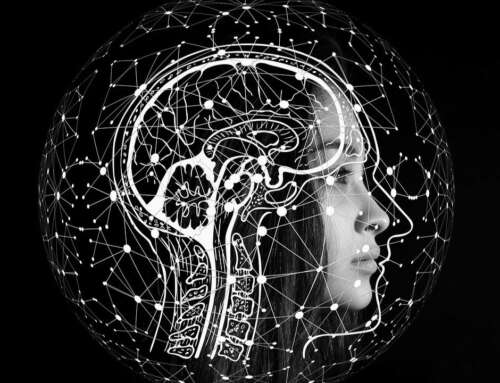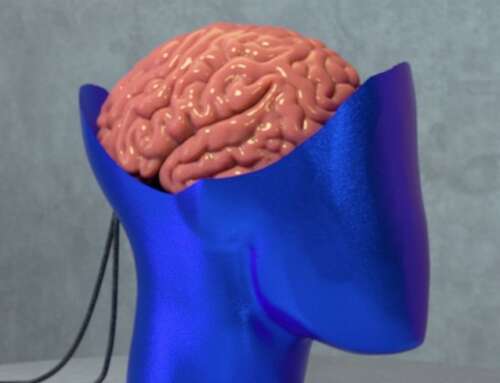It seems that neuroscience reductionism is now replacing its genetic counterpart to find an explanation for everything about ourselves using neuronal correlates instead of genes.
While I understand and acknowledge the astonishing advancement of science and its benefits, I tend to think that this infinite spiral of reductionist path may not allow us to make the leap of truly understanding who we are. Science has already come a long way helping us in understanding the nature. Perhaps being creatures of nature, some aspects of it will forever elude us and we may never fully grasp the human experience.
via Controversial Science of Brain Imaging | Guest Blog, Scientific American Blog Network.







I would agree with this proposition if it was made 10 years ago. Those truly interested in neuroscience do not only look at clinical neuroscience. The social science impact on the field over the last decade has seen it significantly branch and splinter into sub-disciplines like social, cultural and educational neuroscience. Advances in brain imaging and related brain measuring methods demonstrates that the field does not rely only on fMRI. There is a complex understanding and acceptance that nature and nurture are intricately interwoven. There are sub-disciplines like neuroanthropology and critical neuroscience which seriously considers the effect of neuroscience on social issues like memory-enhancing drugs, labelling based on mental health and aptitude.
There may be some clinical neuroscientists who may be stuck solely in laboratory settings who may be viewed and labelled as reductionist, but the field has developed considerably since then.
An interdisciplinary area like Educational Neuroscience should be seriously considered when psychology, cognitive science, neuroscience, education, philosophy and other social sciences provide invaluable contributions to the field.